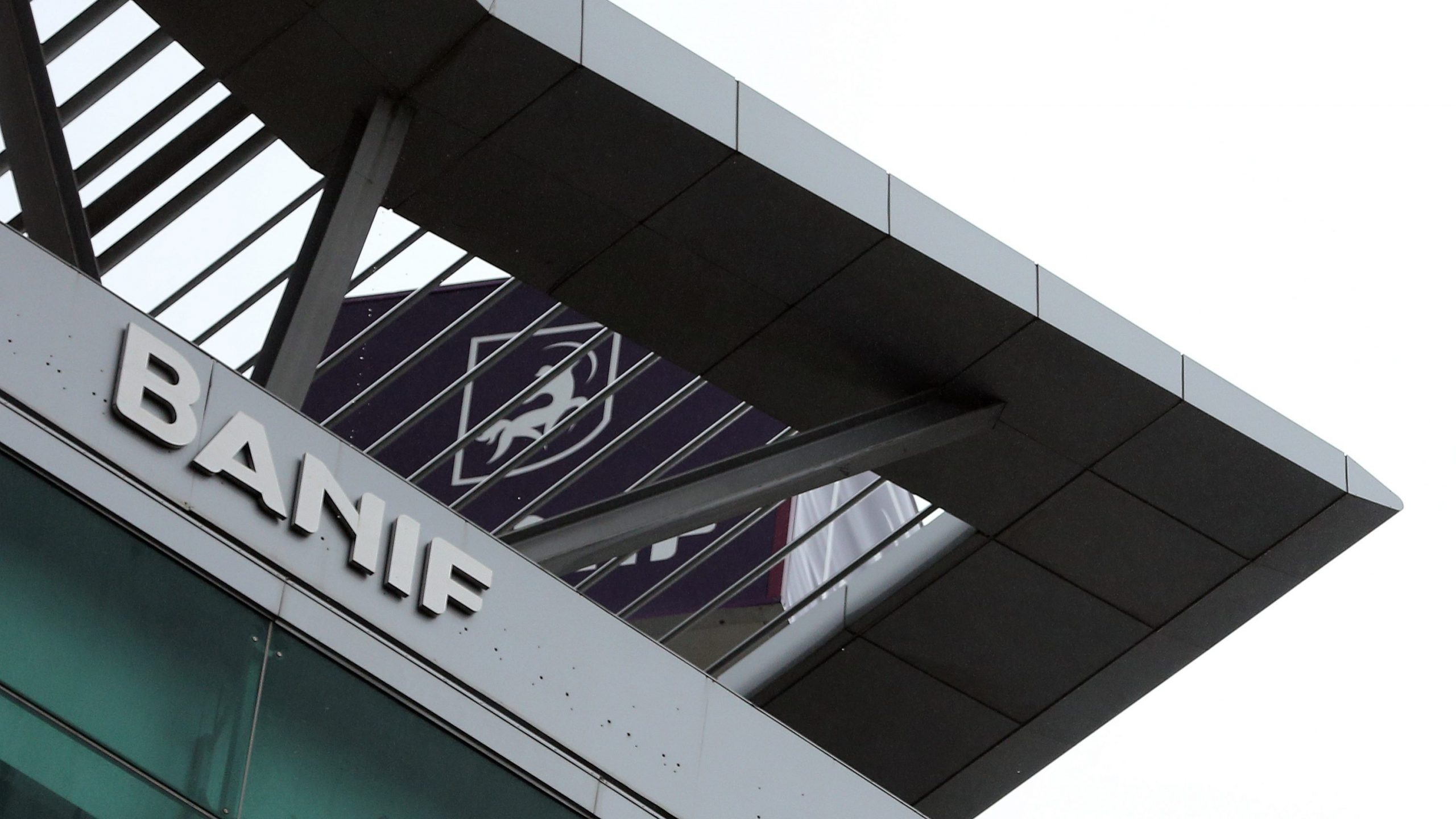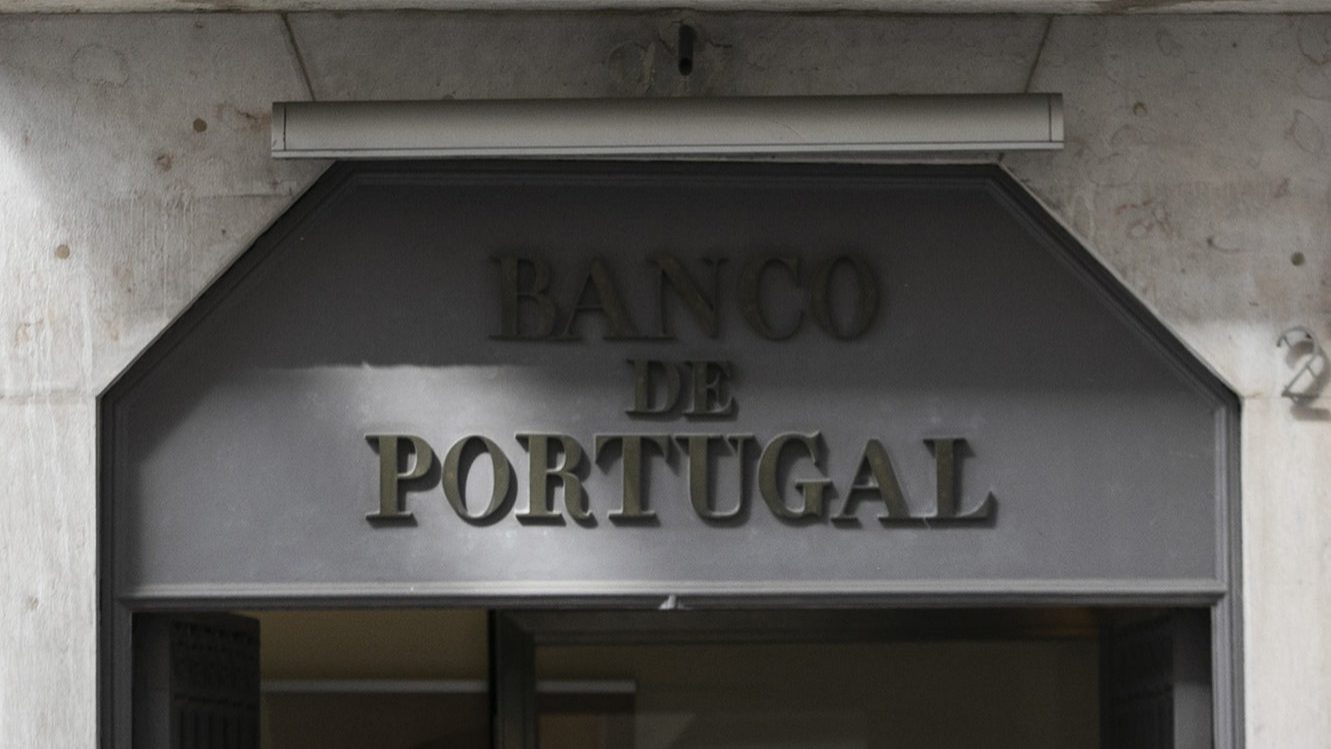Economy needed financing in 2022
Compared to 2021, the economy went "from a financing capacity to a need, reducing the balance by 1.4 percentage points (p.p.), according to Central Bank.
Portugal’s economy showed a financing need of 0.4% of gross domestic product (GDP) in 2022, with individuals having reached a financing capacity at 2008 levels, according to the Bank of Portugal (BdP).
“The financing needs of non-financial companies and the general government (1.9% and 0.4% of GDP, respectively) exceeded the financing capacities of financial companies and individuals (1.3% and 0.5% of GDP),” said the Bank of Portugal, adding that “individuals have not had such a low financing capacity since 2008.
Compared to 2021, the economy went “from a financing capacity to a need, reducing the balance by 1.4 percentage points (p.p.).
The central bank points out that this decrease reflected “both the reductions in the net lending of individuals (by 2.9 p.p.) and financial companies (by 0.8 p.p.) and the increase in the net borrowing of non-financial companies (by 0.3 p.p.)”.
On the other hand, the decrease of 2.5 p.p. in general government borrowing partially offset these developments.
In relation to the interconnections between institutional sectors of the national financial accounts, in 2022, according to the BdP, some financial relations between various sectors of the economy and the exterior stood out, among which the rest of the world financed the non-financial corporations by 5% of GDP.
Financial corporations financed the rest of the world by 4.3% of GDP, non-financial corporations financed individuals and financial corporations by 2.5% and 1.0% of GDP, respectively, while “individuals financed financial corporations and the general government by 2.1% and 0.8% of GDP, respectively.
In comparison with 2021, financial corporations reduced financing to the general government by 9.4 p.p., the general government decreased financing to the rest of the world by 5.2 p.p., and financial corporations increased financing to the rest of the world by 4.2 p.p.
Households, on the other hand, “reduced financing to financial corporations by 2.6 p.p. and reversed the financing relationship with the general government, becoming its largest financing sector, at 0.8% of GDP”.
In terms of end-of-year positions, the Portuguese economy had a “net financial position of -83.9% of GDP vis-à-vis the rest of the world”, as opposed to -95.0% of GDP at the end of 2021.
The net financial assets of households decreased by 14 p.p. year-on-year to 126.6% of GDP, while those of non-financial corporations, general government and financial corporations, respectively, stood at -124.4%, -79.9% and -6.1% of GDP (up 11.5 p.p., up 24.3 p.p. and down 10.7 p.p. than at the end of 2021).


